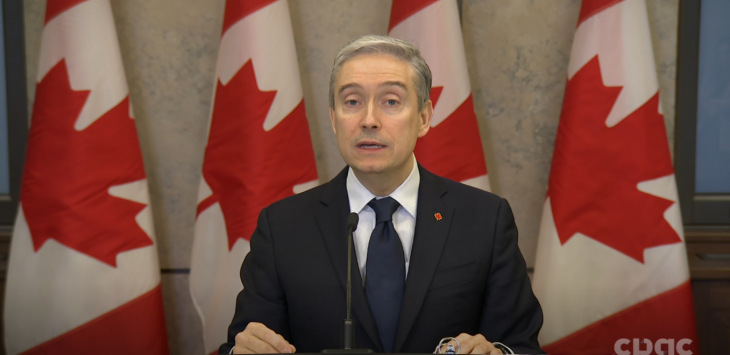
By Ahmad Hathout
OTTAWA – Innovation Canada has followed through on a proposal to raise the costs of certifying telecommunications equipment, despite a warning from SaskTel that it would lead to higher consumer prices.
The department said in a decision Tuesday there will be a new wireless equipment certification fee of $4,000 instead of $1,200, the wireless equipment recertification fees are now $10 more expensive per person, per hour at $160 with a minimum application of two hours, a new single $750 fee for both telecom and radio equipment, and an equipment registration amendment cost of $375 – all in line with what it originally proposed.
The trade-off is that it eliminated a $50 listing and a $750 registration fee.
“Although the majority of radio equipment certifications are performed by certification bodies, ISED still performs a number of activities related to the telecommunications and radio equipment program,” the department said in its reasoning.
Those activities, ISED said, includes establishing new technical standards, administrative procedures, amending existing standards, providing a market surveillance program, conducting stakeholder engagement, and engineering studies.
In its original proposal, the department said that new telecommunications equipment has emerged since it last conducted a certification cost study in 2007, meaning it has had to invest in new technologies to keep up. This has led to the department only recovering 8 per cent of the cost to certify equipment, including 5G smartphones and Wi-Fi routers.
ISED said it expects to generate $35 million by 2027-28, or 95 per cent of its costs for the program with the new pricing structure, easing the strain on taxpayers.
The Saskatchewan crown corporation, SaskTel, warned about the increased costs for certification of equipment. In its original reply to the consultation, the telecom supported the cost-recovery model, but said there is insufficient evidence to justify the cost increases proposed.
It warned that increasing the costs as is would harm consumers.
“The knock-on effect of increased ISED fees is necessarily higher fees for the monthly cell phone and internet plans of Canadians,” said the telecom in its intervention. “Meanwhile, telecommunications service providers are constantly being pressured to lower the rates for the services we provide.”
As such, the claim that “taxpayers bear the burden of revenue shortfalls” is “an empty one,” SaskTel added. “If ISED raises its fees for the certification service, Canadians who use certified devices will pay, through the cost of the device from the manufacturer or a telecom, or through increased tax.”
While Rogers, the only other respondent comment published by ISED, said it agrees with a cost recovery approach, it asked why the same logic doesn’t apply to spectrum costs.
“If adjusting equipment certification fees is intended to ‘relieve taxpayers’ of an undue burden of related costs,” Rogers argued, “such a policy direction surely extends to relieving wireless consumers from an undue burden of unreasonably high spectrum fee rates.”
Screenshot of Innovation Minister Francois-Philippe Champagne


